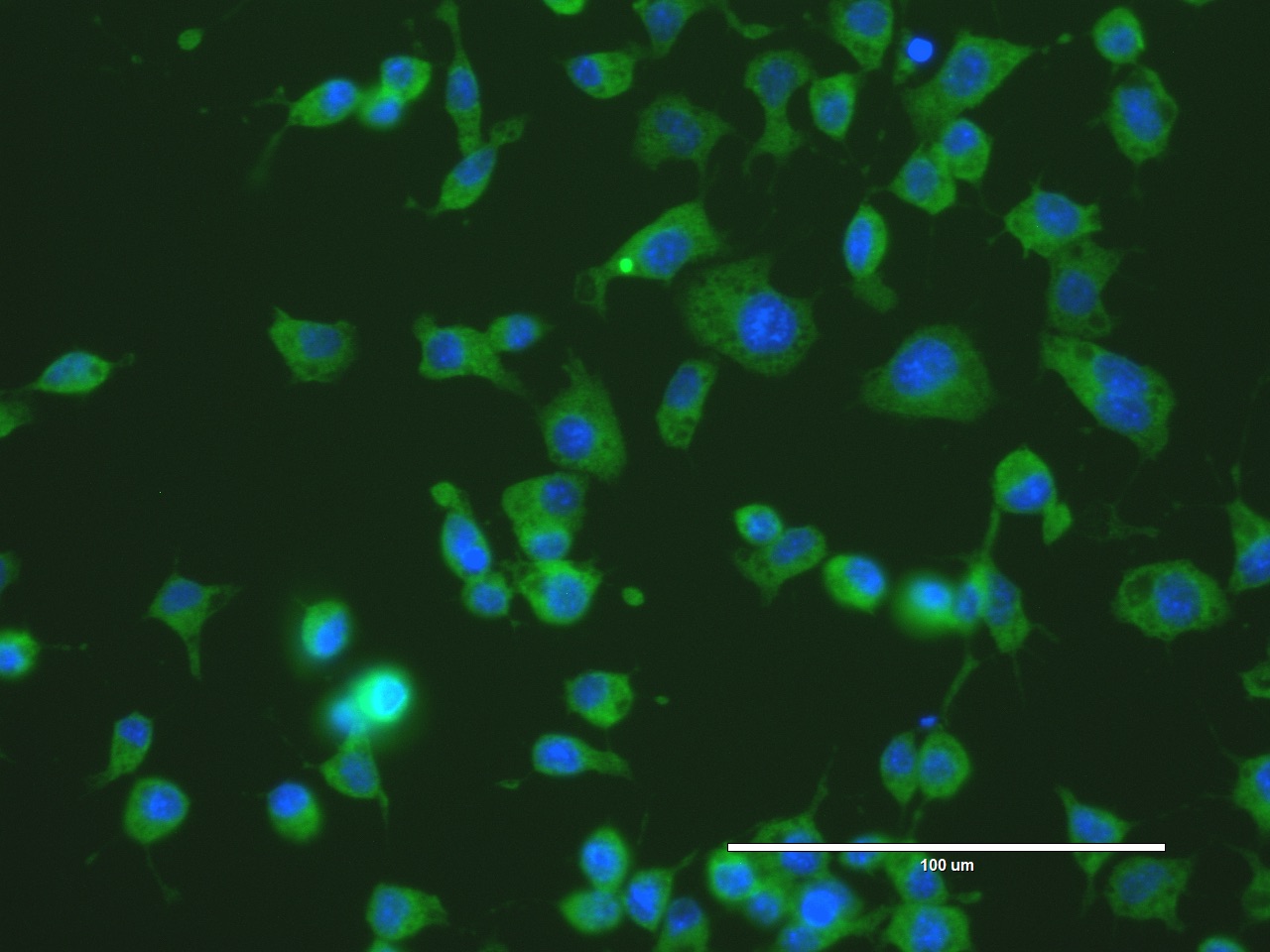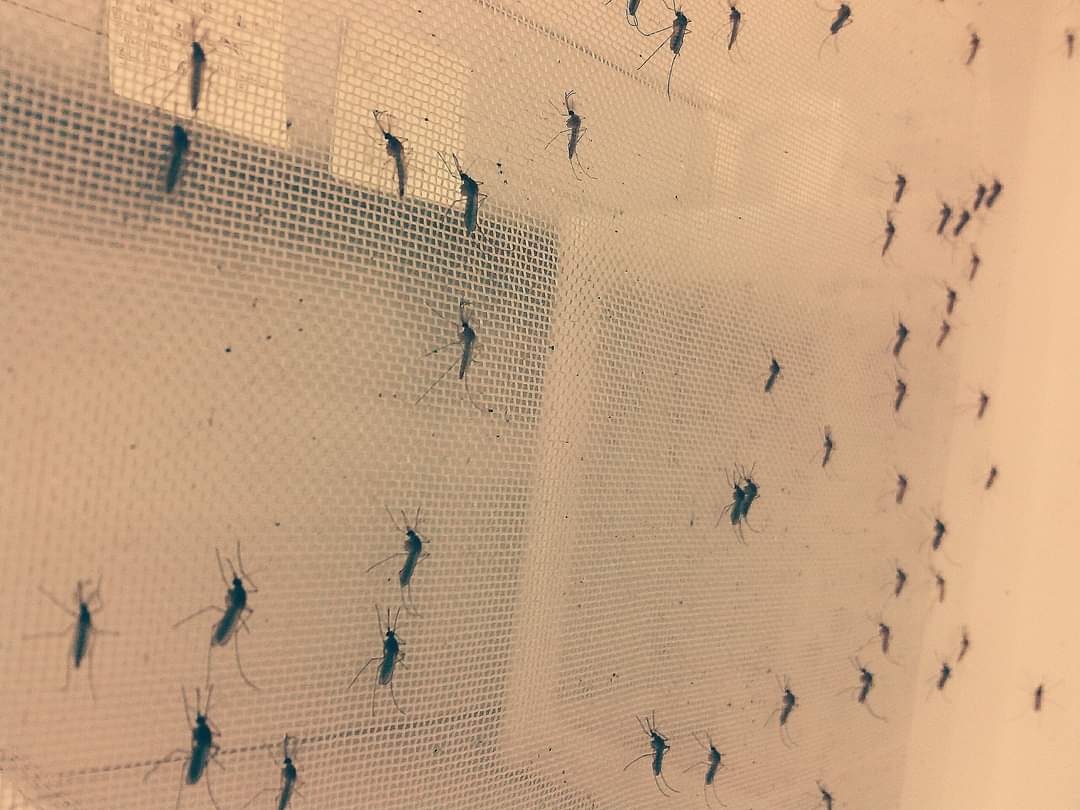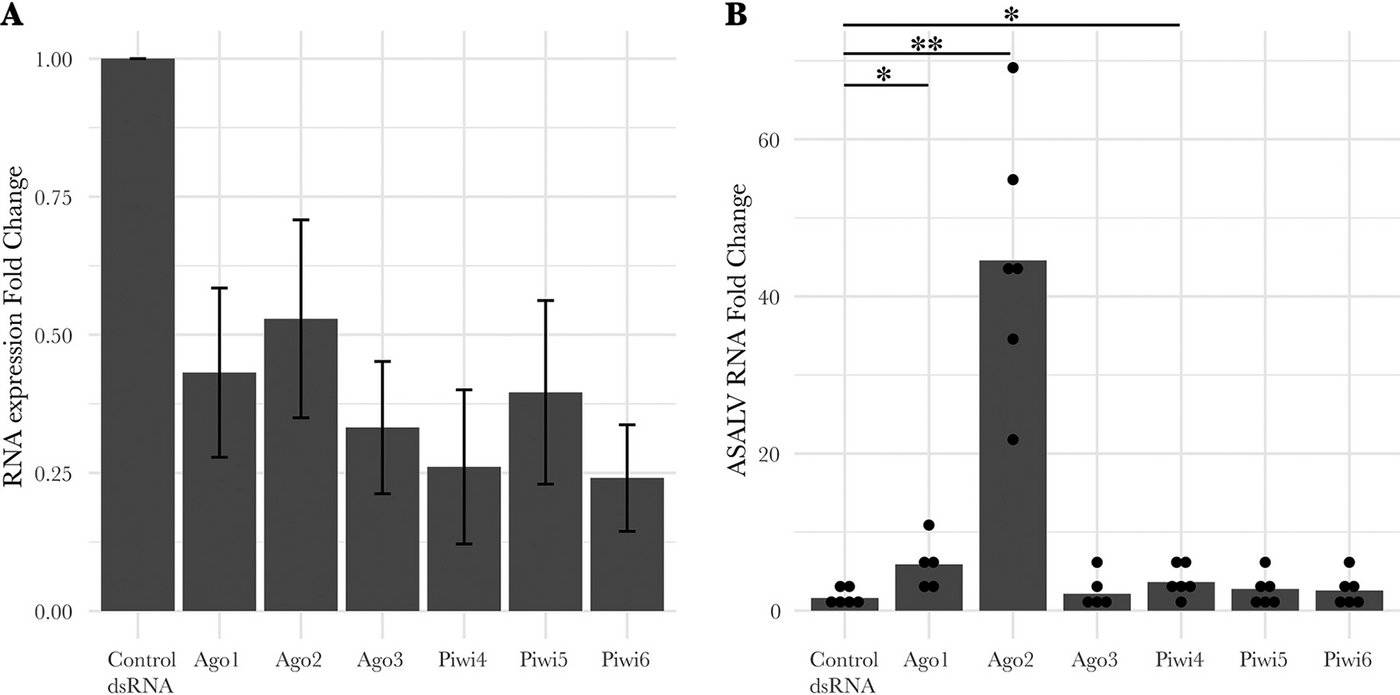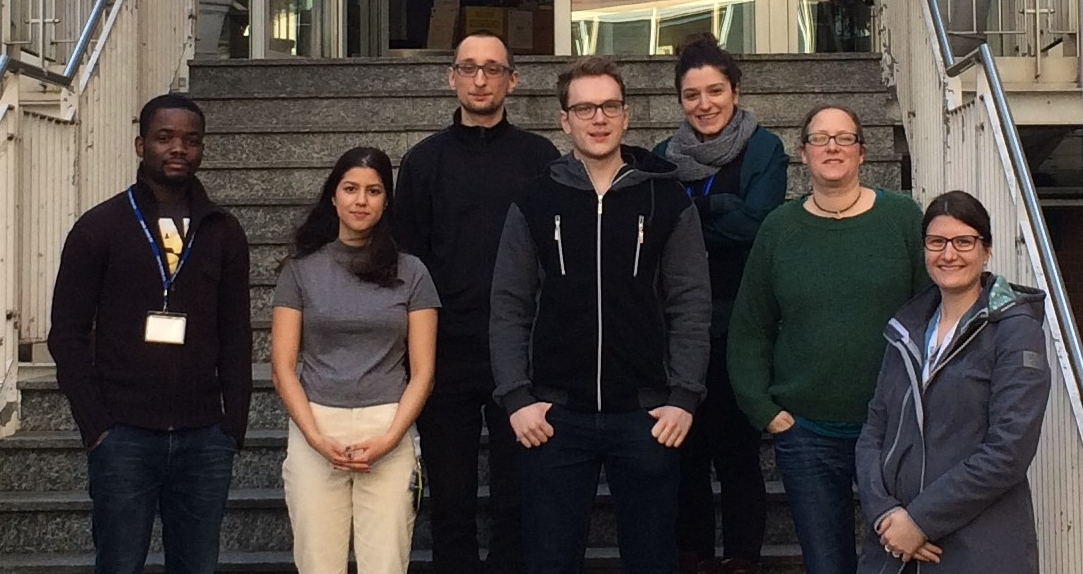The immune system: How are mosquitoes coping with their viruses?
Mosquito Virus-Host Interactions Research Group finds differences in mosquito immune response to insect-specific viruses and arboviruses
Why can mosquitoes transmit certain viruses to humans (arboviruses) and not others (insect-specific viruses)? To find out, the research group led by Prof. Esther Schnettler from the Bernhard Nocht Institute for Tropical Medicine (BNITM) is investigating, among other things, the immune response of mosquitoes to these viruses. In doing so, they have discovered that the protein Argonaute-1 might play a special role. The results have been published in the scientific journal mSphere.
Mosquitoes are animals that can transmit many infectious diseases to humans. Among other things, they transmit arboviruses that can cause dengue, chikungunya or West Nile and Zika fever, for example.
Recently, however, research groups worldwide have also discovered many insect-specific viruses that cannot replicate in vertebrates and are therefore harmless to humans. Many of these are very similar to arboviruses. And they have an influence on their transmission to animals and humans. This makes them interesting for arbovirus research: They might be a key to controlling the spread of arboviruses.


So far it is unclear why arboviruses can be transmitted to humans through mosquito bites, but insect-specific viruses cannot.
To understand why this is so, the "Mosquito-virus-host-interactions" working group is researching the mosquito immune response to both arboviruses and insect-specific viruses. They specifically examined an important part of the antiviral immune defense of mosquitoes, the so-called RNA interference (RNAi). RNAi consists of pathways that are used to defend against foreign RNA.
In this case, the scientists studied the defense against an insect-specific alphavirus, Agua Salud alphavirus (ASALV), which was only recently discovered. They found that the immune response to this type of virus is very similar to that to arboviruses, belonging to the same virus family (e.g. Chikungunya virus). However, they also found a decisive difference: the protein Argonaute-1 only had an antiviral effect against the insect-specific virus, but not against the corresponding arboviruses that can be transmitted to humans.

"This is a first step to better understand how mosquitoes and viruses interact. Differences in the immune responses of mosquitoes could give us hints on the different transmission routes of the viruses and thus about their evolution," Schnettler explains.
Further research is needed to find out whether the differences found can be generalised to other insect-specific alphaviruses and to what extent this knowledge will be helpful in combating arboviruses worldwide.

Original publications:
Contact person
Prof. Dr Esther Schnettler
Research Group Leader
Phone : +49 40 285380-208
Email : schnettler@bnitm.de
Dr Eleonora Schoenherr
Public Relations
Phone : +49 40 285380-269
Email : presse@bnitm.de
Julia Rauner
Public Relations
Phone : +49 40 285380-264
Email : presse@bnitm.de






